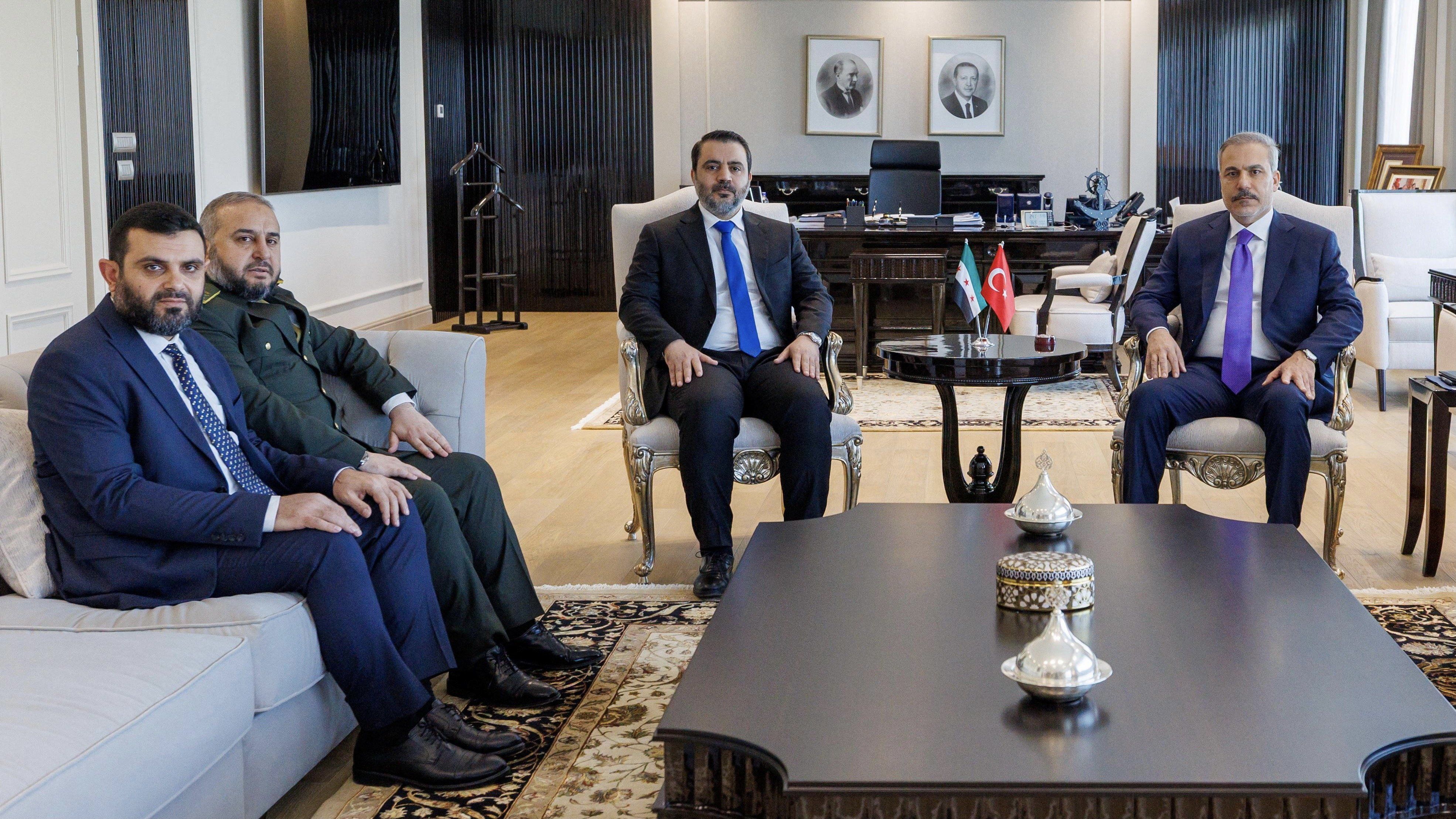Turkey looks to re-arm Syria
Turkey pledged to boost military cooperation with Syria on Wednesday, reinforcing its support for Damascus as interim President Ahmed al-Sharaa seeks to rebuild the country after nearly 14 years of civil war. The agreement – which provides new weapons systems, logistical support, and military training – comes as Syrian forces are under increasing scrutiny for abuses against the country’s Alawite and Druze minorities. Turkey has emerged as a key ally of the new administration since the fall of Assad’s regime, particularly as it appears focused onto undermininge the Kurdish forces in Turkey and Syria.
Australia attempts to counter Chinese influence in the South Pacific
Australia and Vanuatu – a small island in the South Pacific – have agreed to a $326.5 million agreement to boost economic, security, and climate change cooperation over the next decade. It follows years of Vanuatu deepening ties with China, its largest external creditor, through infrastructure loans. In response, Australia is seeking to strengthen its influence in the Pacific, as the West and China race for control over the chessboard of strategically vital Pacific Islands.
US to send military to Southern Caribbean Sea
The US is sending air and naval forces to the Southern Caribbean as part of Donald Trump’s stepped-up war on drug cartels, targeting Mexico’s Sinaloa Cartel and Venezuela’s Tren de Aragua. Since labeling these groups as global terrorist organizations, Washington has ramped up military involvement in anti-trafficking operations — from warship patrols to expanded drone surveillance across Mexico and Latin America. The stated goals: hit cartel networks harder, curb drug flows, and project US power deeper into the region.
